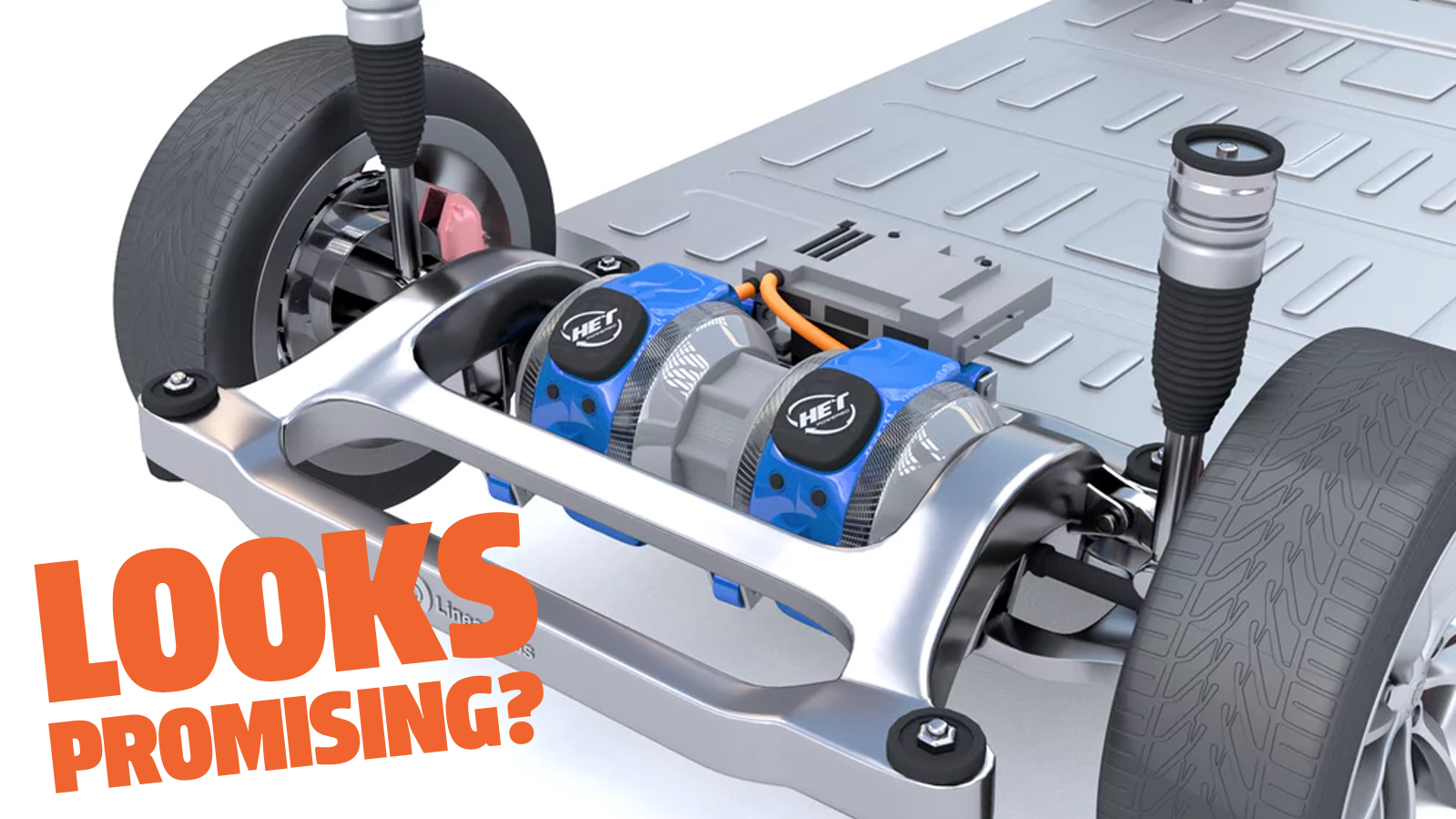A Texas Startup Claims To Have Made The Biggest Advancements In Electric Motor Designs In Over A Century
Fundamentally, electric motors haven't changed all that much since they were developed well over a century ago: they're still electromechanically spinning rotors inside of stators. There a Texas startup, though, that claims to have developed the first real, substantive improvements in the basic design of an electric motor, and they claim that its motor, the Linear Labs Hunstable Electric Turbine (HET) will perform so much better than conventional motors that electric cars with these motors can eliminate any sort of gearboxes, expect 10 percent more range from a given battery size, while providing more power and torque for a given size of motor.
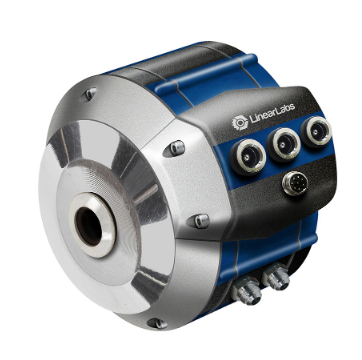
Linear Labs claims two to five times the torque output of similarly-scaled conventional electric motors, and twice the power output. Electric motors are already known for how much torque they can generate, so these are especially impressive numbers.
The way Linear Labs claims they can achieve this is with the novel design of the motor. It doesn't require any dramatic technological advancements to build motors like this, but the way its designed is certainly clever.
There's four rotors in there, more than in most conventional electric motors, and the stator is located inside a "magnetic torque tunnel," with all sides of the same polarity, which Linear Labs says helps to keep the magnetic fields all in the direction of the rotational motion.
The motor can also deliberately mis-align its magnetic fields to achieve field weakening, which sounds undesirable but is actually helpful for more efficient high-speed operation of the motor, where torque is traded for RPMs—sort of like an overdrive in a conventional transmission.
Here, this video should help explain it all better than these crude words:
You'll notice at the beginning of that video, there's some nice quotes from independent researchers:
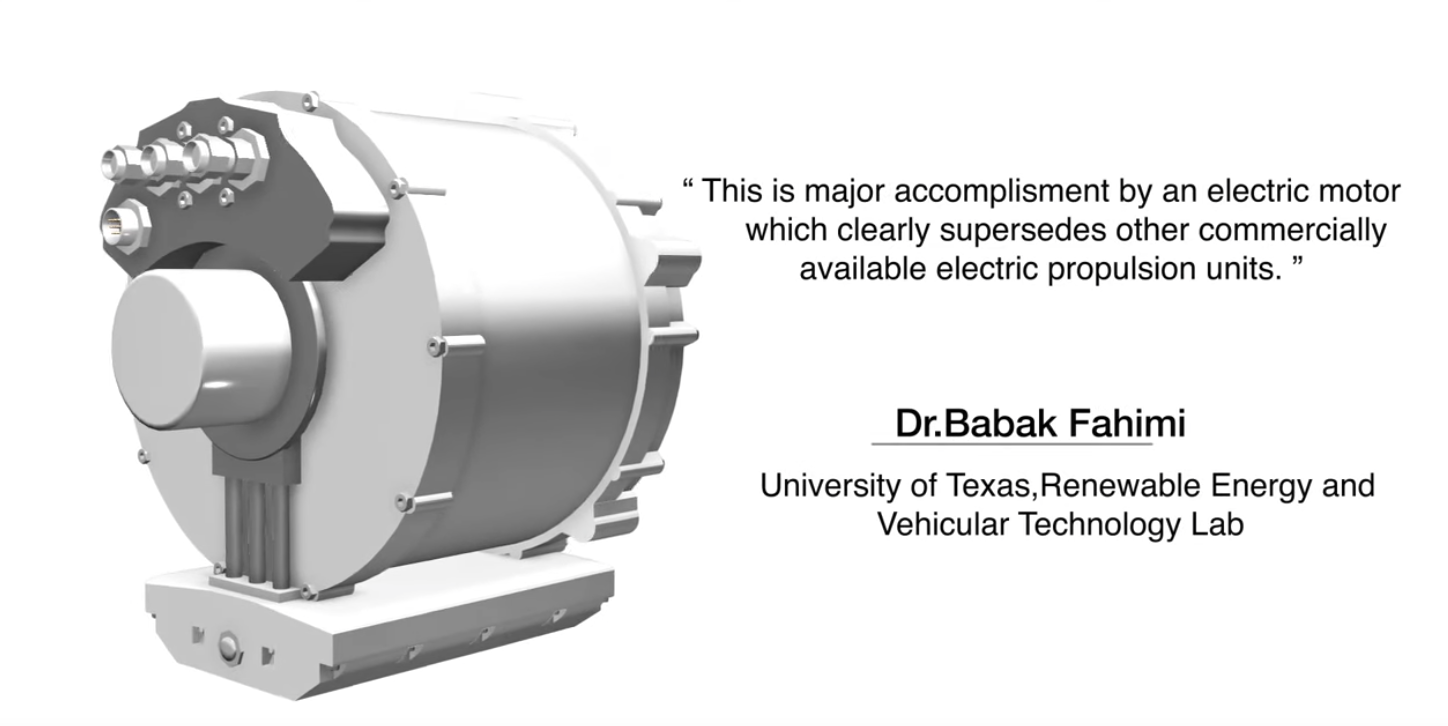
...and this one:
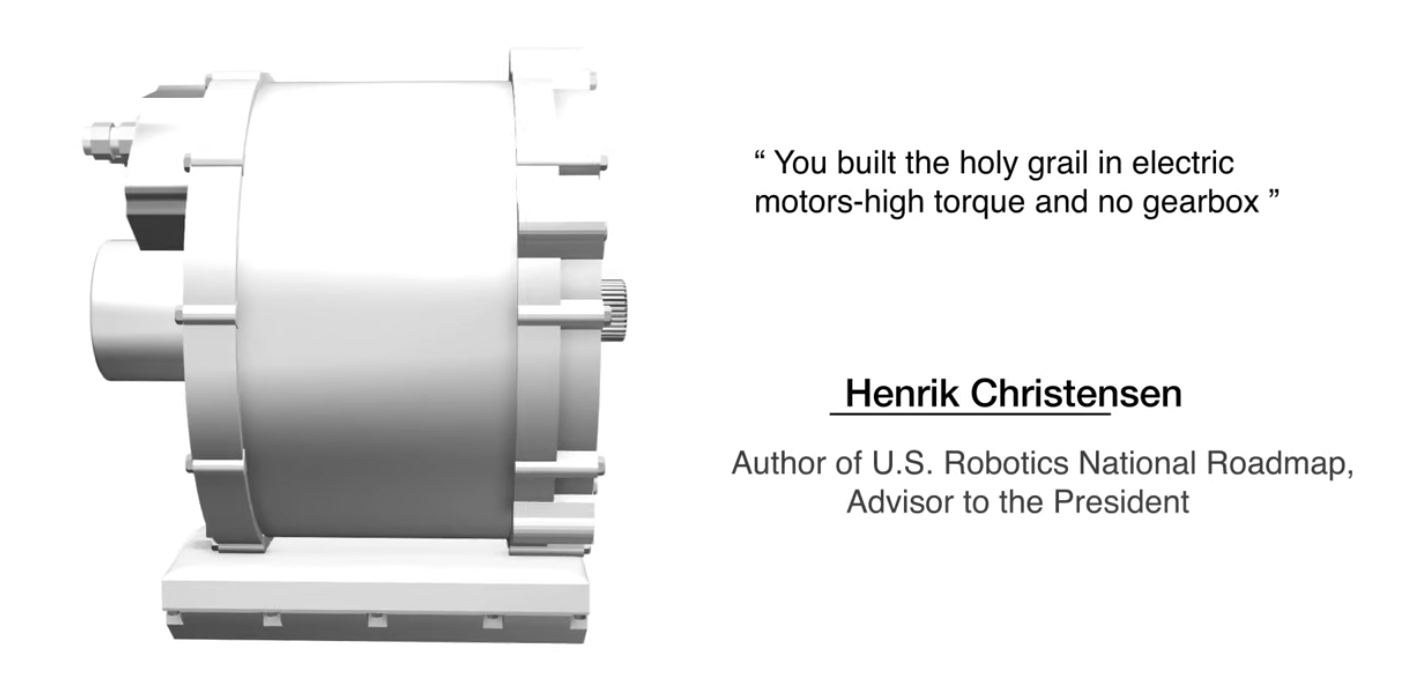
...all that sounds great but I really want to see these studies. I've reached out to Linear Labs to see if I can get more information about its independent testing claims, and will update when I hear back.
I want to see these independent tests, because what they're claiming here is really potentially revolutionary; EVs with motors like these could eliminate a lot of currently necessary heavy equipment, which will allow for lighter cars, which will allow for smaller batteries for the same sort of range, which will allow for lower prices, faster recharge times, better use of scarce battery-making materials, and so on.
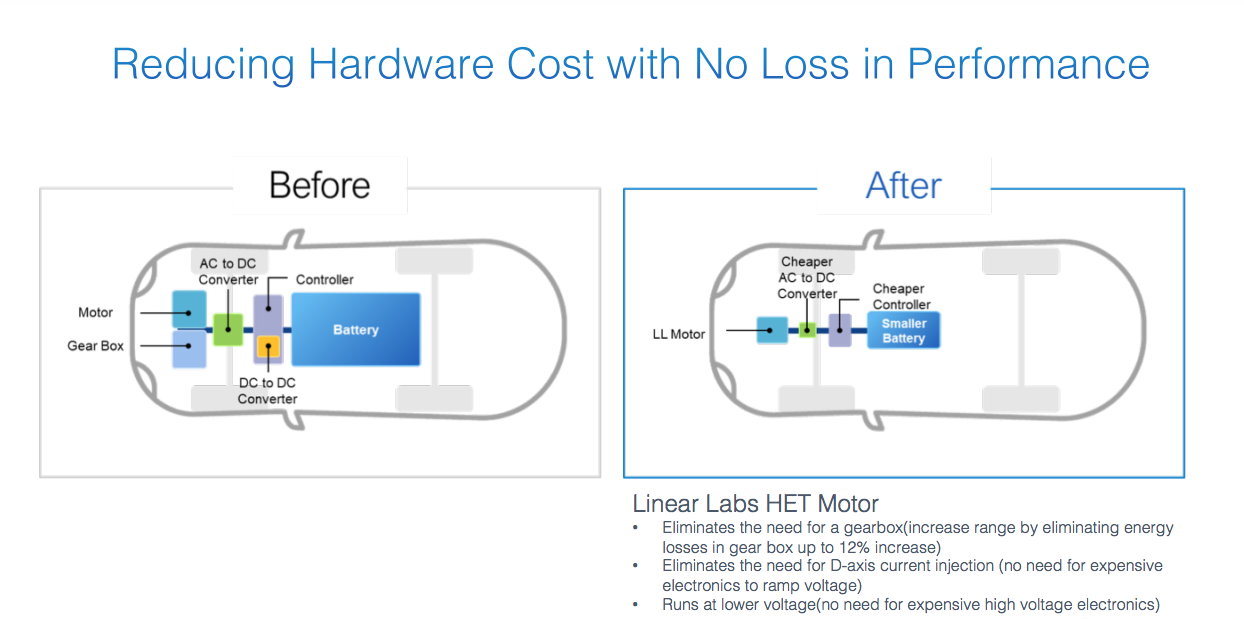
This is all potentially very exciting, and there's no question a motor like this would revolutionize EVs. Of course, first they have to prove they'll work in the real world. To that end, they're planning on using the motor in a prototype scooter next year, and in 2021 the company plans to have an automotive prototype with its motor.
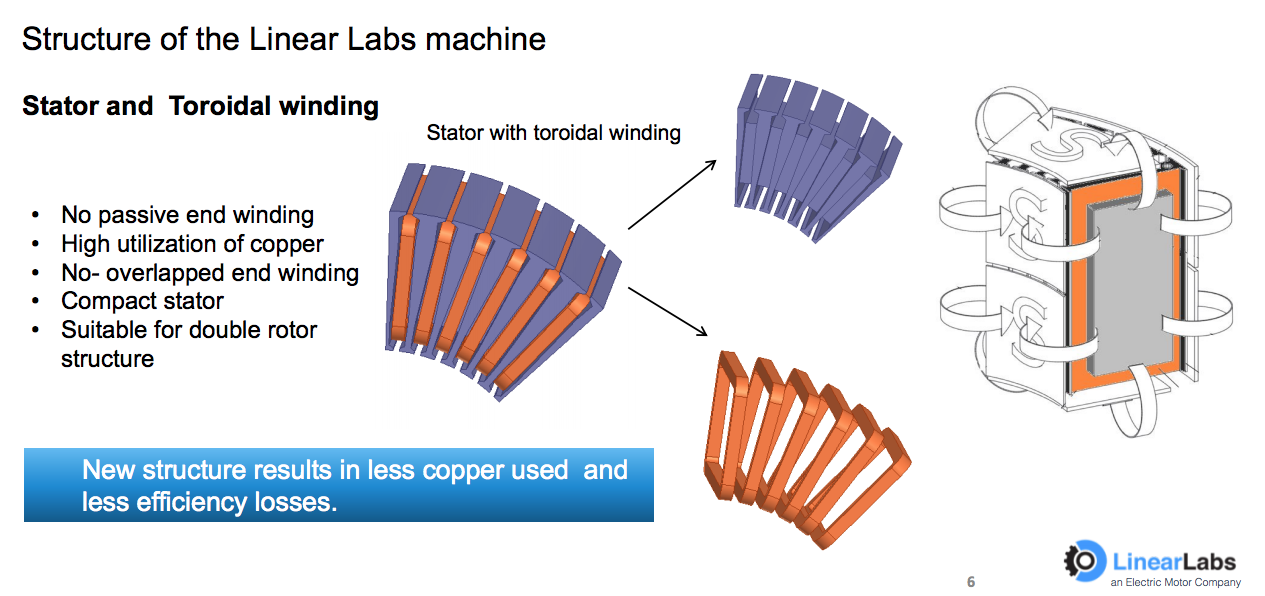
With claims this big, it's always best to be skeptical until you actually see something working. So, that's my plan for now: hopeful, but holding judgement until I see something actually working.
